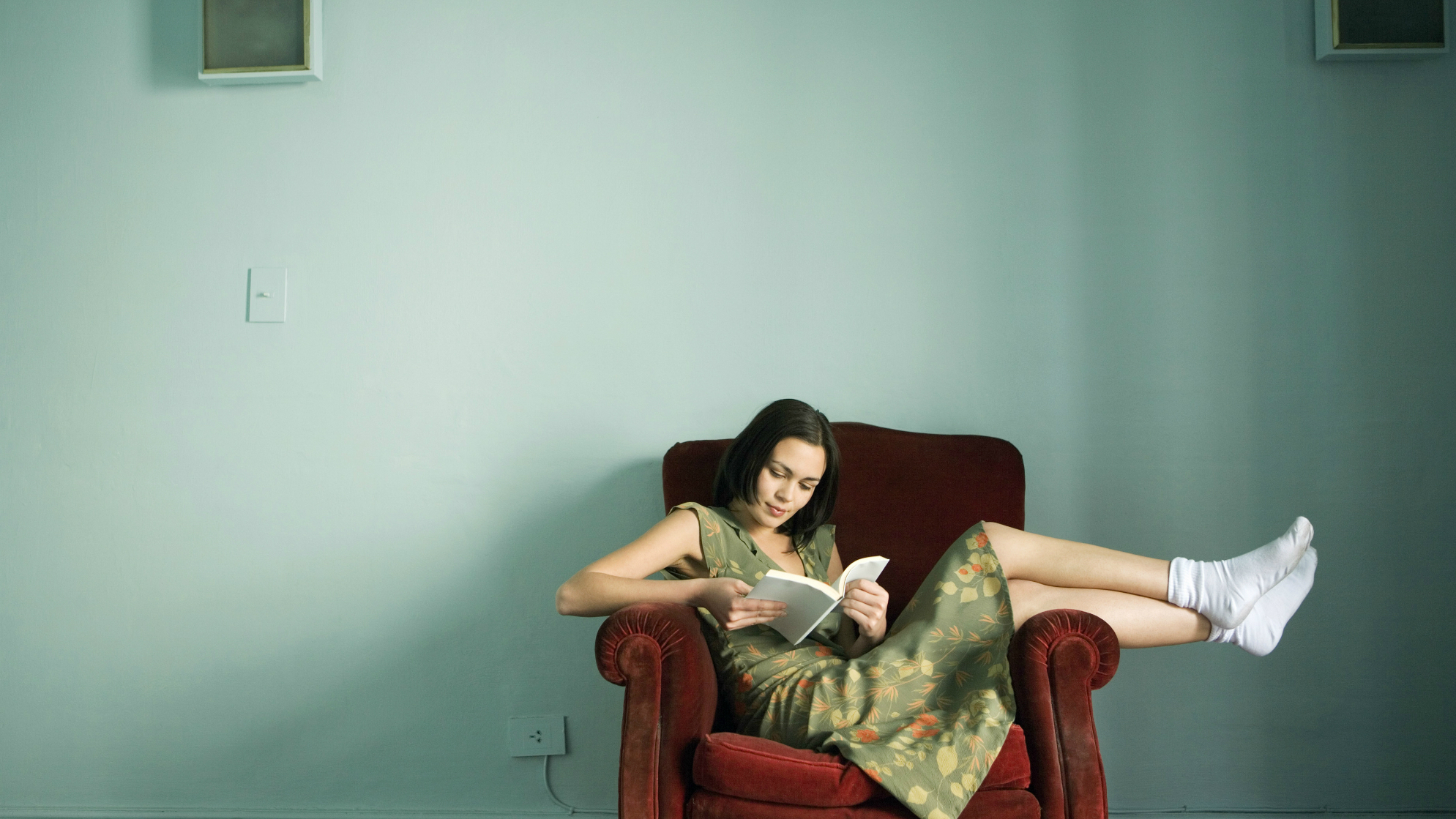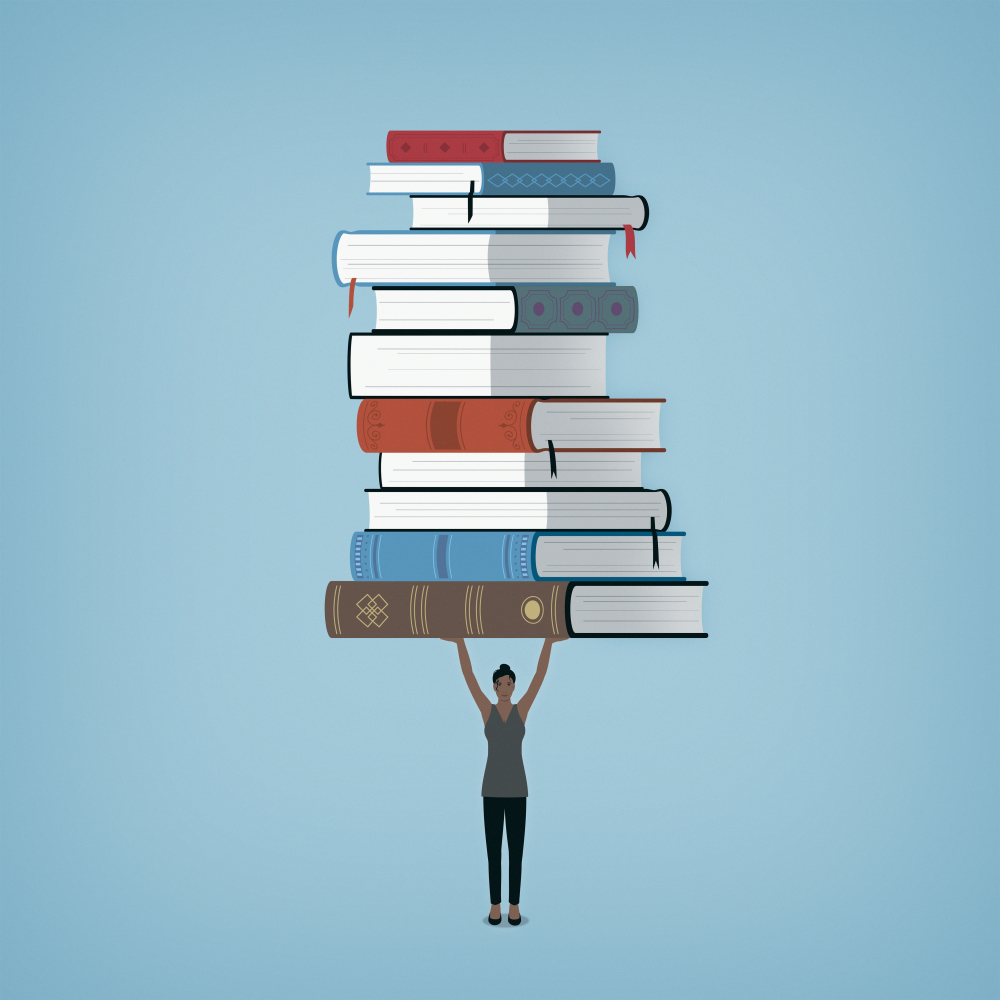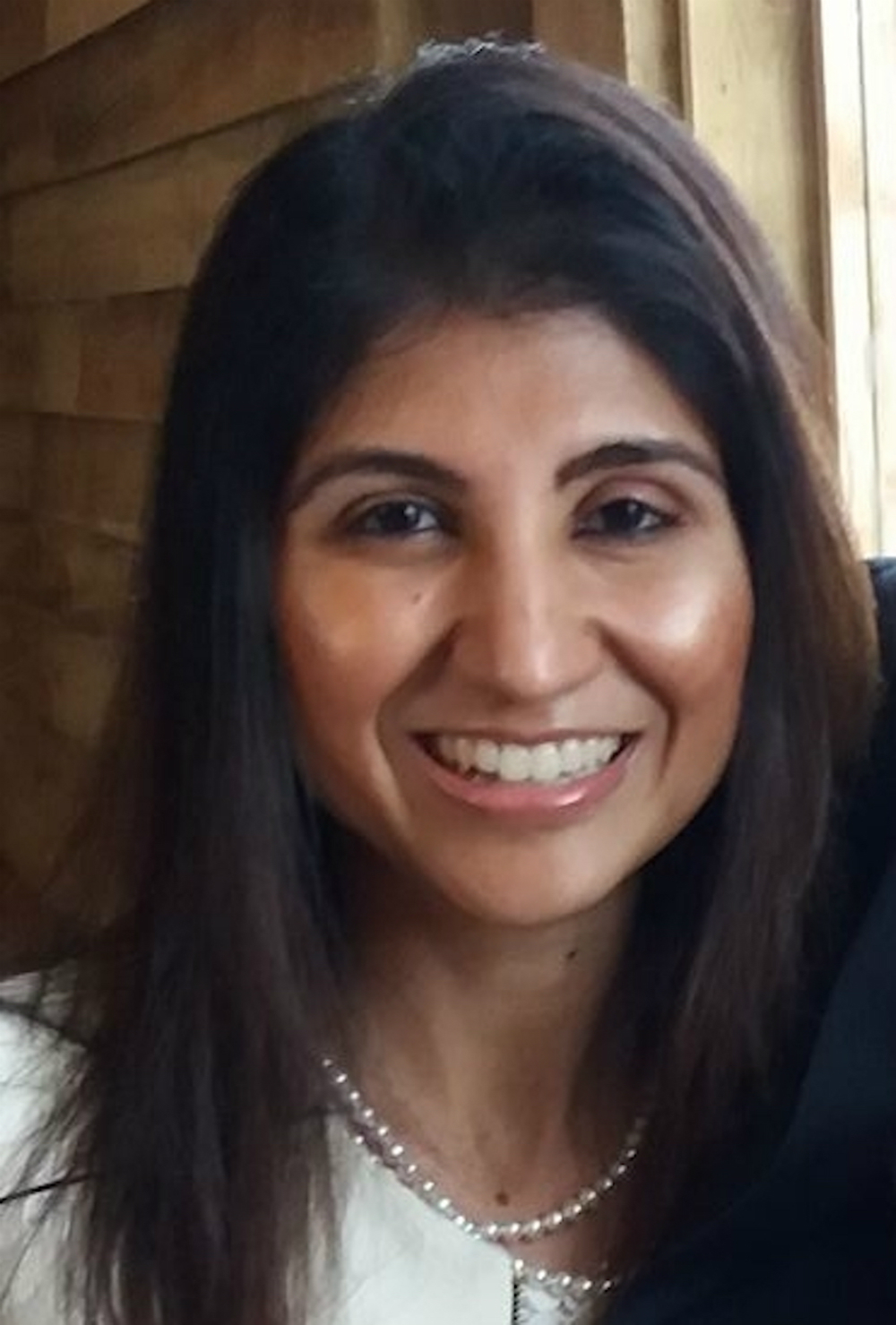Why books can stop you losing the plot
Feeling down or struggling with low-level anxiety? Turns out biblio-therapy could be the answer


Feeling down or struggling with low-level anxiety? Turns out biblio-therapy could be the answer
Words by Kerry Parnell
As we enter unprecedented times of anxiety and uncertainty, reading a good novel might give you a welcome escape from real life, and boost your mental health, and will.
Biblio-therapy, or using literature to improve your mental health, has proven so effective, books are even being prescribed on the NHS.
It works on everyone from children to adults and the most effective genre is not self-help, as you might assume, but rather literature and poetry.
Reading poetry considerably reduced the symptoms of people with PTSD, according to a recent report in the Journal of Poetry Therapy, and researchers from the University of Alabama found depressives given bibliotherapy had less chance of relapsing than those prescribed medication.
It works in three stages - identification, catharsis and insight. You identify with the main characters, experience their emotions and struggles from a distance, then gain insight into your own life from their story.
Celebrity news, beauty, fashion advice, and fascinating features, delivered straight to your inbox!
Plus, the wider you read the better. According to a study by the Liverpool Health Inequalities Research Institute, reading classics like Charles Dickens’ Great Expectations, allows people suffering from depression to discover new emotions and experiences and rediscover forgotten ones.

And while many of us subconsciously self-medicate with books – reaching for old favourites when we feel the need to escape or find calm, there are additional benefits if you partake in a group discussion afterwards.
In England, you can get a book prescription from your GP, to use at the library, or attend a local Reading Well group, run by the Reading Agency. It follows similar successful services in Scotland and Wales.
The Reader charity also runs therapeutic reading groups across the nation, as well as in psychiatric hospitals, prisons, care homes and sheltered accommodation.
Universities including the University of Liverpool and Cambridge University have been launching courses in bibliotherapy and charity ReLit ran one with the University of Warwick, which is on YouTube. It includes interviews with supporters including Sir Ian McKellen, Stephen Fry, Ben Okri and Rachel Kelly.
It has also spawned a new industry of bibliotherapists who offer personalised sessions and prescriptions. One such is Bijal Shah, 37, a former investment banker turned therapist, who has a practise in London, as well as hosting literary afternoon teas in Soho's Ham Yard Hotel. She has clients from all over the world, but says women in their twenties to forties are her biggest customers.

'I offer 45-minute sessions which examine a client’s reading life, goals, interests and personal needs,' says Shah. 'I then prepare a personalised book prescription and offer relevant therapy or coaching.'
'Fiction allows us to use our imagination and access aspects of our unconscious that we would never be able to tap into otherwise. It can sometimes be more powerful than any psychotherapy conducted by a psychoanalyst.'
Shah runs sessions in her clinic and virtually, plus has free reading lists on her website booktherapy.io. She also offers couples bibliotherapy, enthusing that 'it is an amazing way to connect with your other half'.
Here are 3 of Shah’s top book prescriptions:
Feeling stressed: Try Deborah Alma’s The Emergency Poet
'When stressed, I would suggest poetry,' Shah advises. 'It is the perfect way to calm the mind, bring you into the here and now and slow you down so you can pause, re-energise and re-boot.'
Feeling depressed: Try Sylvia Plath’s The Bell Jar
Although reading Plath for depression might not seem the obvious choice, Shah says it works by providing, 'extraordinary access to the mind of someone who is depressed, validating the feelings of anyone experiencing depression. Raw, insightful and even rational, it really empathises with depressed reader, often providing cathartic relief.'
Getting over a break-up: Try Anne Tyler’s The Accidental Tourist
This Pulitzer-nominated novel follows a travel writer recovering from losing his son and his wife leaving him. 'Unsure of how to proceed, he uses his writing to chronicle the challenges and the emotional processing we are forced to embrace as life goes on,' says Shah. 'It’s a beautiful story that teach us life-affirming lessons.'
Maria Coole is a contributing editor on Marie Claire.
Hello Marie Claire readers – you have reached your daily destination. I really hope you’re enjoying our reads and I'm very interested to know what you shared, liked and didn’t like (gah, it happens) by emailing me at: maria.coole@freelance.ti-media.com
But if you fancy finding out who you’re venting to then let me tell you I’m the one on the team that remembers the Spice Girls the first time round. I confidently predicted they’d be a one-hit wonder in the pages of Bliss magazine where I was deputy editor through the second half of the 90s. Having soundly killed any career ambitions in music journalism I’ve managed to keep myself in glow-boosting moisturisers and theatre tickets with a centuries-spanning career in journalism.
Yes, predating t’internet, when 'I’ll fax you' was grunted down a phone with a cord attached to it; when Glastonbury was still accessible by casually going under or over a flimsy fence; when gatecrashing a Foo Fighters aftershow party was easy-peasy-lemon-squeezy and tapping Dave Grohl on the shoulder was... oh sorry I like to ramble.
Originally born and bred in that there Welsh seaside town kindly given a new lease of life by Gavin & Stacey, I started out as a junior writer for the Girl Guides and eventually earned enough Brownie points to move on and have a blast as deputy editor of Bliss, New Woman and editor of People newspaper magazine. I was on the launch team of Look in 2007 - where I stuck around as deputy editor and acting editor for almost ten years - shaping a magazine and website at the forefront of body positivity, mental wellbeing and empowering features. More recently, I’ve been Closer executive editor, assistant editor at the Financial Times’s How To Spend It (yes thanks, no probs with that life skill) and now I’m making my inner fangirl’s dream come true by working on this agenda-setting brand, the one that inspired me to become a journalist when Marie Claire launched back in 1988.
I’m a theatre addict, lover of Marvel franchises, most hard cheeses, all types of trees, half-price Itsu, cats, Dr Who, cherry tomatoes, Curly-Wurly, cats, blueberries, cats, boiled eggs, cats, maxi dresses, cats, Adidas shelltops, cats and their kittens. I’ve never knowingly operated any household white goods and once served Ripples as a main course. And finally, always remember what the late great Nora Ephron said, ‘Everything is copy.’
